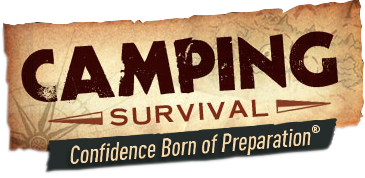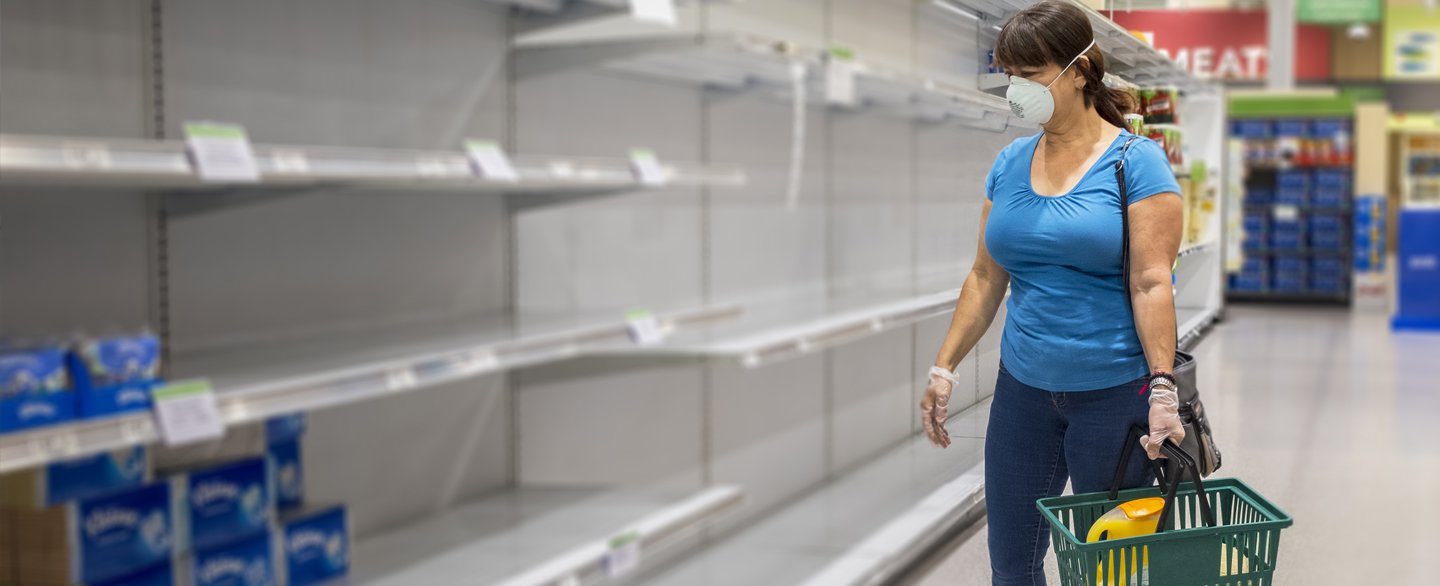It is apparent that the coronavirus is no longer able to be contained. At this time, it has affected 213 Countries and Territories around the world and it’s not showing signs of slowing down soon. It’s picking up steam in the United States, and the federal, state, and local governments are scrambling to support our healthcare system and workers, as well as keep our supply chains intact. We are in this for the long haul, folks. It’s depressing and we’re all going a little stir-crazy, but if we’re prepared, we can better protect ourselves and our families. And, remember, this will eventually pass.
As we experience the effects of Covid-19 globally and in our everyday lives, we are taking lessons from past experiences and modifying intense measures as we go. Governments are currently exploring options that best approach the problem: building ways to control transmission (social distancing, testing, etc.) while making investments in efforts to mitigate the impact (vaccine treatment and increased health care capacity). All options point to a long road ahead estimating months, perhaps even years. This being said, how do we make long-term preparations?
1. By sheltering in place and avoiding unnecessary travel, we do our part in diminishing the spread of the virus--while potentially reducing hospital overcrowding and lowering death rates. This “new normal” --along with vigilant hand washing and avoidance of touching your face-- are long-term practices that help to prevent the spread further. If you still think it’s going to be okay to go on that family trip this summer, you may want to rethink your trip and plan on staying in place for the next few months. While radical quarantine measures like this aren't our reality with COVID-19--at least not in the U.S.--we are understanding the significance and importance of social distancing and being locked down. At the time of this post, millions of Americans in at least 38 states, Washington DC, and Puerto Rico have been ordered to stay at home. At first, measuring how effective these measures were in slowing down the virus seemed impossible. But new evidence shows rapid drops in numbers of fevers across the country (a signal symptom of most coronavirus infections). This indicates that these tight measures may be working in our favor to slow the spread of the virus.
2. We are blessed to have scientists and disease experts working round-the-clock to figure out how this virus works and how it’s passed. Wash your hands, make sure your family is doing the same, wear masks in public, and follow all other safety measures to make sure you and your family are safe from this pandemic.

3. Make sure you have air and water purification systems on hand and are storing up water in the event something happens to our water systems and they cannot be fixed right away. Air purification is important because breathing in toxins like wildfire smoke can make you more vulnerable.
4. Prepare for a food shortage. It is already coming, if not already here, so make sure you have preparations in the way of food. Food storage companies can help you develop a plan of how much you need per person based on calorie consumption, so make sure you do your homework. For fresh fruits and vegetables, nothing beats canning or dehydrating.
5. Follow all guidelines when entering a business, be mindful of the fact that the vulnerable need to shop too, so your precautions may not be for you, they may be for someone else.
6. Keep hand sanitizer in your car. Since you cannot wash your hands after going into your vehicle, having something on hand will be your best defense against this virus, and avoid transmitting it to the next place you travel to.
Taking all the necessary precautions will help not only you, but your neighbors get through this, and at some point we will be able to say we made it through this pandemic, even though most of us have no idea how long that will be.


7 comments
Expect anything to happen near election time. Plan to stay home and stay inside. Prepare with: Water, Food, plastic sheeting & tape for broken windows. Keep pets inside. Cellphones charged. Expect electricity to be cut by authorities or rioters. Park car inside if possible.
re: Ben from Texas
N95 masks can be reused. Leave it on the dash of your car parked outdoors for at least 7 days before reusing. Search the internet for “steam decontaminating N95 masks”. Instructions are out there for using a pressure cooker or a microwave over a bowl of water.
Double layer cloth masks used once a week or washed should be effective for shopping use—especially if you stay 6 feet away from those not wearing masks. Double layer cloth masks with filter inserts are even better. If you can sew, you can make your own. Lots of patterns on the internet.
N95 masks are 5 bucks a piece here in Texas and from what I understand can be used only one time? I can’t afford n95 masks..
Dried foods are best but don’t forget medical from first aid to serious issues or simple things like hygiene, laundry, kitchen, cleaning, spices, and personal care items. Prepare for the whole thing. More than anything take care of yourselves, stay calm and think clearly. This is not a time to panic.
Take LOTS of Vitamin C, both as a preventative and as a treatment.
The powers that be have dissed it as much as they did/do hydrocloroquine (sp?).
But I don’t care for $300 unproven drugs, so I’ll lean towards the tried and true…….and cheap.